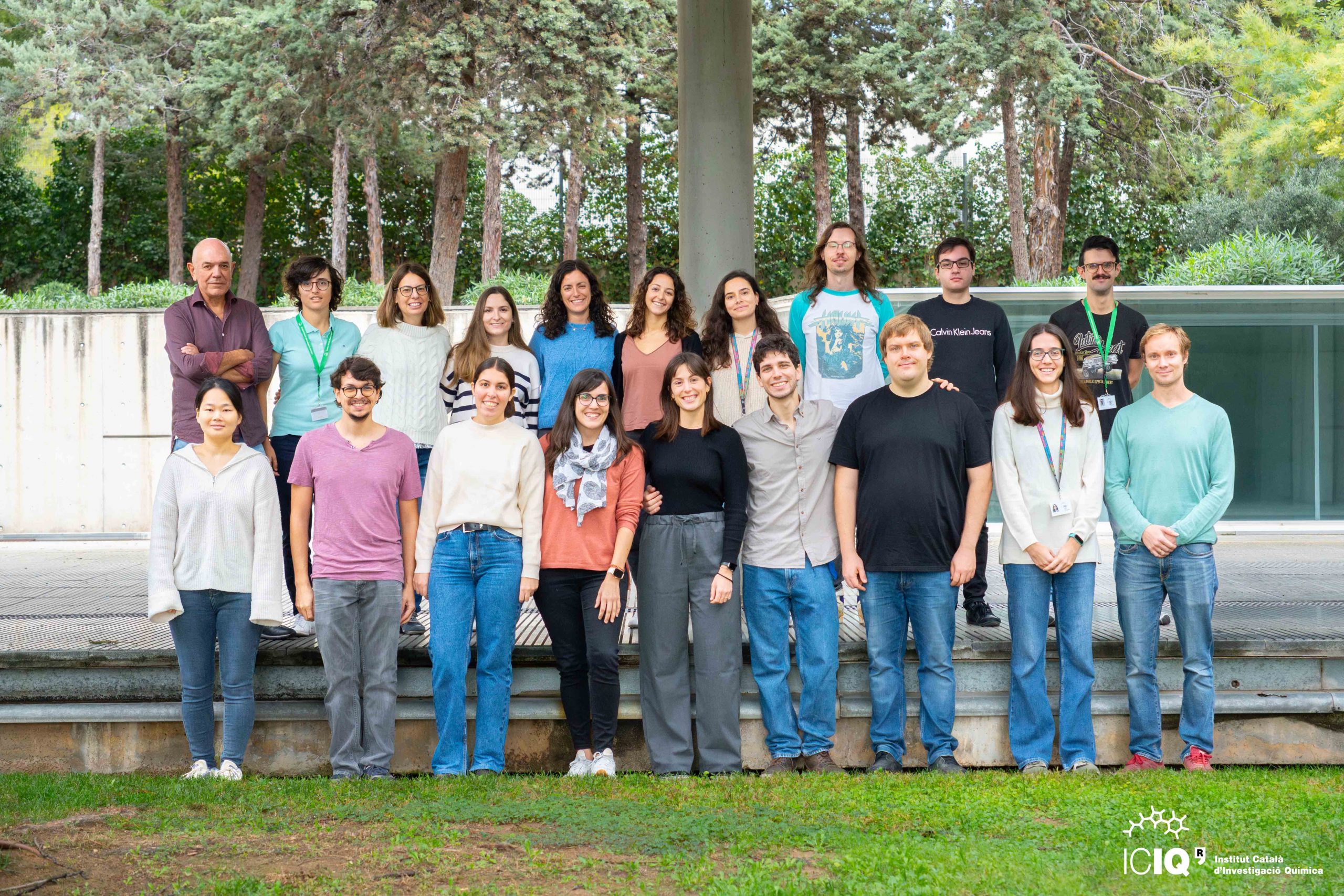Supervision is a cornerstone of the MSCA fellowship experience, playing a crucial role in the professional and personal development of both the supervisor and the students. For fellows, the opportunity to mentor and guide junior researchers fosters essential skills in leadership, communication, and project management. These experiences are invaluable, preparing them for future roles in academia or industry where such skills are paramount.
Through day-to-day interactions and structured guidance, supervisors help shape the next generation of scientists, ensuring that they not only gain technical expertise but also develop critical thinking and problem-solving abilities. This mentorship creates a collaborative and supportive research environment, enhancing the overall productivity and innovation within the research group.
Moreover, the act of supervision allows fellows to refine their ability to communicate complex scientific concepts clearly and effectively, both to specialized audiences and the general public. This is particularly important in outreach activities, where the ability to engage and inspire a broader audience can significantly impact the perception and appreciation of scientific research.
Since the MSCA proposal, Dr. Anders Hammarbäck outlined the importance of supervision in his scientific journey:
I am experienced in supervising students, where I have mentored several undergraduate and postgraduate students in the research laboratory and will use this knowledge in the supervision of graduate students in the host group.
My future career will be greatly aided by the targeted training I will undertake to develop my leadership/management, communication/networking and scientific writing skills through, for example, courses/workshops and supervision of graduate students. These skills will be advantageous in, for example, the management of a research group and submitting grant proposals.
Dr. Anders Hammarback (MSCA GlassGold proposal)
In fact, before his MSCA fellowship, Dr. Hammarbäck had already accumulated substantial experience in supervising research students during his PhD. He directly supervised several students, including:
- Stephanie Meyer (BSc, 2016, University of Münster)
- Francis Clarke (MChem, 2016-2017, University of York)
- Christina Jordan (MSc, 2017-2018, University of Münster)
- Franziska Grün (MSc, 2017-2018, University of Münster)
- Daniel Johnson (MChem, 2017-2018, University of York)
At ICIQ and during his MSCA, he supervised Master student Jennifer Tamayo guiding her day-to-day activities in the lab.
